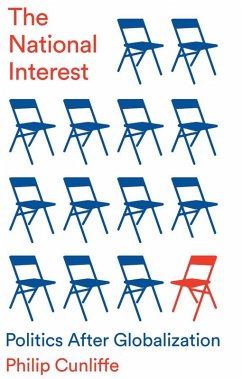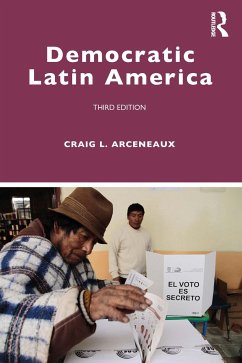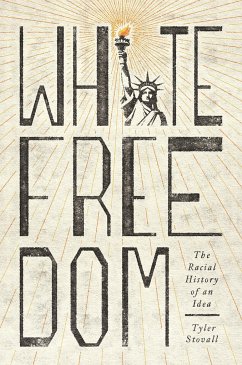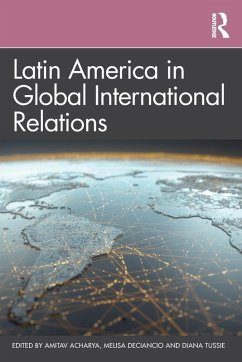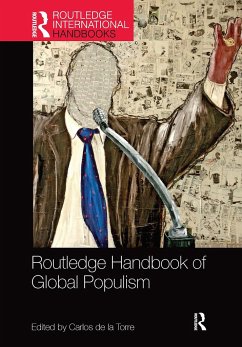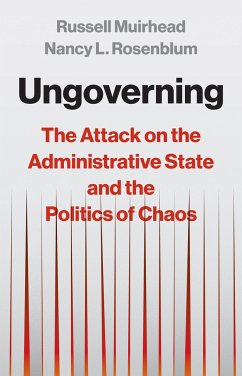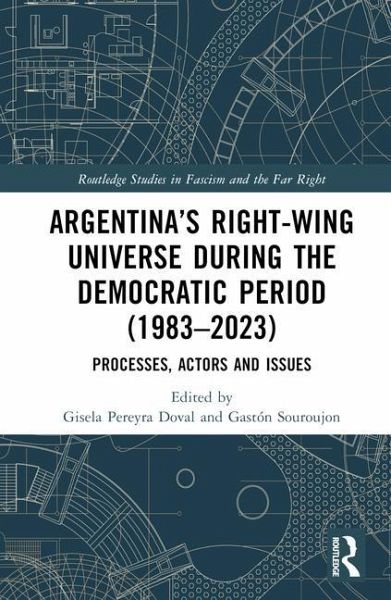
Argentina's Right-Wing Universe During the Democratic Period (1983-2023)
Processes, Actors and Issues
Herausgegeben: Doval, Gisela Pereyra; Souroujon, Gastón
Versandkostenfrei!
Versandfertig in 6-10 Tagen
154,99 €
inkl. MwSt.

PAYBACK Punkte
77 °P sammeln!
Argentina's Right-Wing Universe During the Democratic Period provides a comprehensive analysis of the course of right-wing politics in the country in the last 40 years.In 1983, after the fall of a violent military regime, Argentina began the longest period of democratic stability in its history-40 years marked by economic, institutional, social and political crises. This book examines the trajectory of the different right-wing organisations and ideological developments during these years, seeking to understand both the distinctions and the continuities that lie beneath its metamorphoses. Argen...
Argentina's Right-Wing Universe During the Democratic Period provides a comprehensive analysis of the course of right-wing politics in the country in the last 40 years.
In 1983, after the fall of a violent military regime, Argentina began the longest period of democratic stability in its history-40 years marked by economic, institutional, social and political crises. This book examines the trajectory of the different right-wing organisations and ideological developments during these years, seeking to understand both the distinctions and the continuities that lie beneath its metamorphoses. Argentina has always acted as a laboratory in which to appreciate how the major problems and questions that concern those who have studied the right-wing in recent decades are translated into a particular political culture. In an international scenario marked by the social and political growth of different right-wing movements, some of which pose a threat to liberal democracies, the study of the Argentine case can provide greater clarity and a different perspective on problems that transcend this specific national case.
This book will be of interest to scholars of Argentinian and Latin American politics and history, as well as specialists on the comparative politics of the radical right.
In 1983, after the fall of a violent military regime, Argentina began the longest period of democratic stability in its history-40 years marked by economic, institutional, social and political crises. This book examines the trajectory of the different right-wing organisations and ideological developments during these years, seeking to understand both the distinctions and the continuities that lie beneath its metamorphoses. Argentina has always acted as a laboratory in which to appreciate how the major problems and questions that concern those who have studied the right-wing in recent decades are translated into a particular political culture. In an international scenario marked by the social and political growth of different right-wing movements, some of which pose a threat to liberal democracies, the study of the Argentine case can provide greater clarity and a different perspective on problems that transcend this specific national case.
This book will be of interest to scholars of Argentinian and Latin American politics and history, as well as specialists on the comparative politics of the radical right.






